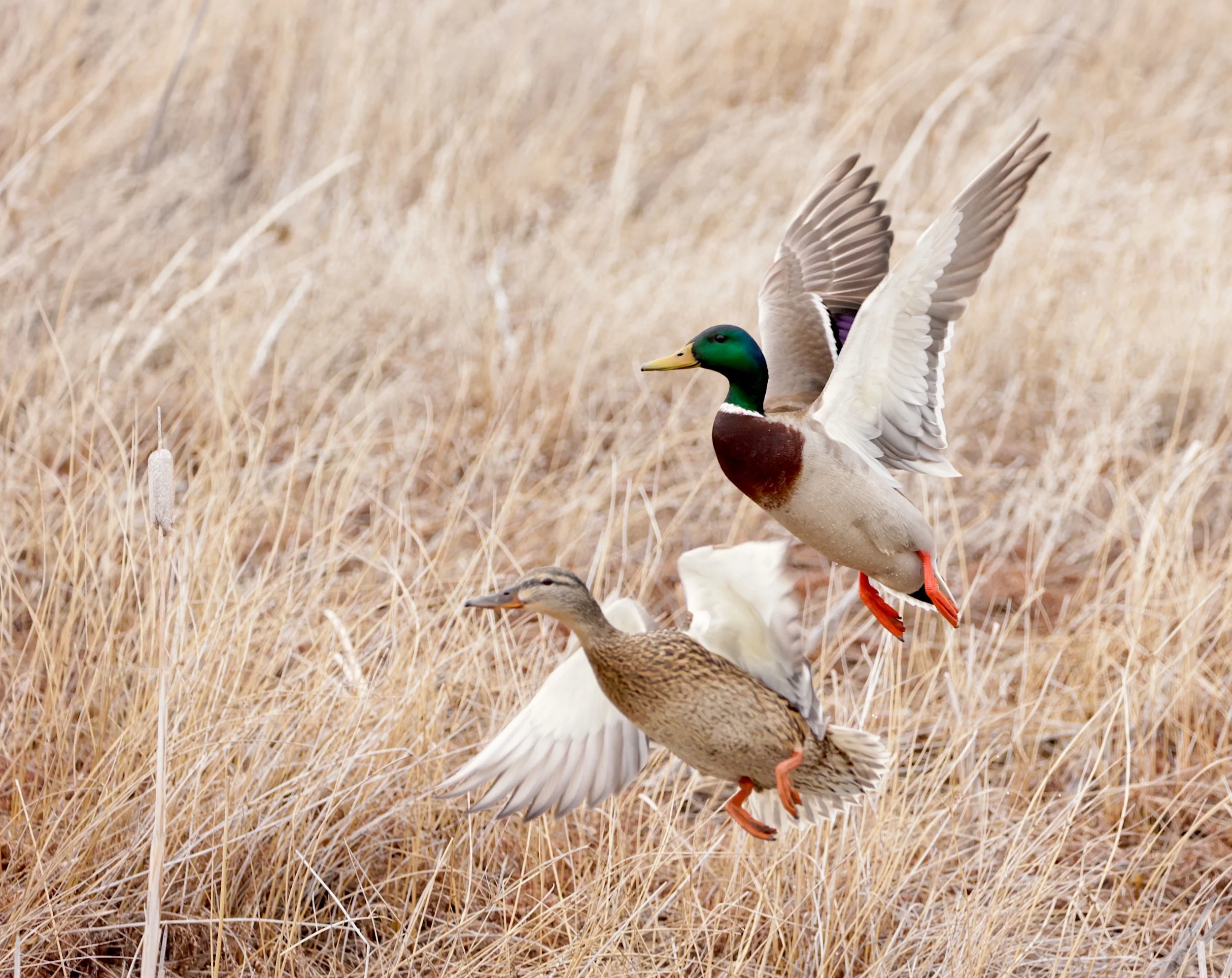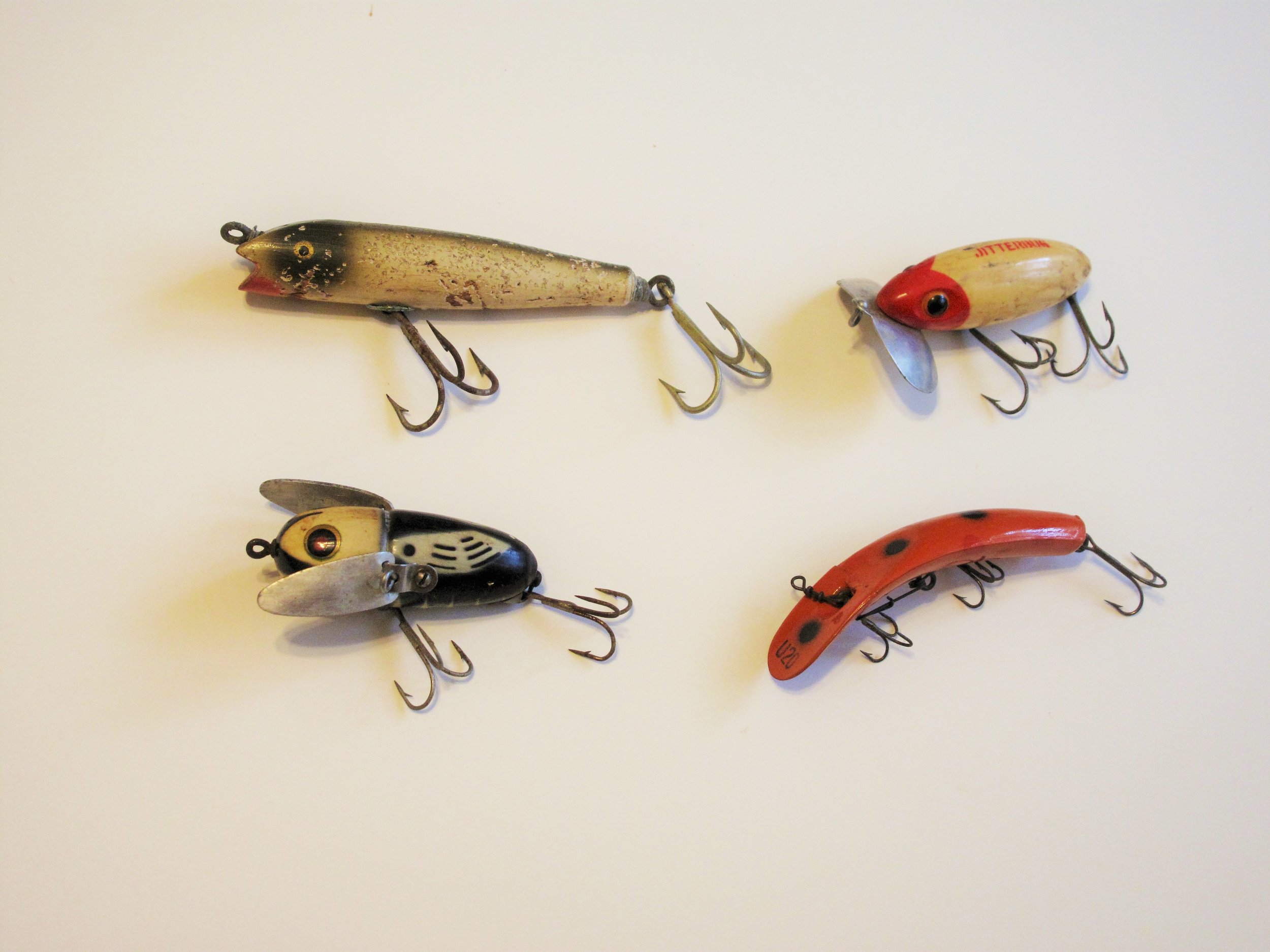Fat Cats Pay For Our Game
During this political season of taking potshots at the rich and famous, I'd like to thank the rich, whether they're famous or not, for paying my way in the hunting fields. As most hunters and too few non-hunters know, North America's abundance of wildlife is due to the funding and support of hunters. Hunters spend or donate literally hundreds of millions of dollars in license fees, memberships and excise taxes on sporting arms and ammunition. But that's not enough. Wildlife and wild places continue to disappear as land is sold to the highest bidders and habitat is converted into housing, malls, golf courses, corn fields, ethanol plants and other human uses. Spoiled rich kids to the rescue. To raise more money, fish and game agencies some time ago hit upon the idea of auctioning off a handful of special tags to the highest bidder. These tags essentially gave the holder extra special rights to hunt, rights that virtually assured him or her of bagging the best and biggest bucks and bulls in the state. A special sheep tag, for instance, might let the holder hunt any month and any place. A special elk tag could be used statewide before, during or after the bugle season. The Fat Cats that bought these tags usually bagged the largest specimens of the year, inspiring plenty of us ordinary folks to cry foul! This was returning us to the gory years in history when the landed gentry owned wildlife and the rest of us got our hands cut off or necks stretched for hunting it. Unfair! Except... the money those rich folks were throwing out for tags (as much as $400,000 in some cases) significantly increased everyone's chances for going hunting and getting an animal. It's pretty basic cause and effect. If a single sheep tag is sold for $400,000 to a rich person instead of $100 to an average Joe or Jane, Fish & Game has $399,900 extra dollars with which to buy more public access, more wintering grounds, more nesting grounds, more anti-poaching tools, game wardens, etc. It all adds up to more wildlife and more hunting opportunities. Will it add up to you and me tagging the new state record elk or sheep? Probably not. But odds weren't good for us ever getting it anyway. I don't know about you, but I'd rather hunt for an abundance of average game every year than hunt only every third or fourth year because I didn't want some fat cat to get the big one. If he/she's willing to pay 400 times more for the license, I'm more than willing to enjoy the overflow. Of course, this needs to be strictly controlled. We can't sell every available permit to the highest bidder. Just a very few, maybe as few as one per species annually. To give you some idea of how much money is involved in these special tag auctions: the good old Rocky Mountain Elk Foundation recently announced that it, over just the last five years, has generated more than $5.2 million in revenue by selling special tags at its conventions and fundraisers. Of this, more than $4.7 million was returned to the states for wildlife habitat and conservation purposes. That works out to RMEF keeping just 8.7 percent for its efforts, and even that amount is used to further the goals of a volunteer organization working to improve and increase wildlife habitat. RMEF is proud of its stewardship in this area and invites anyone to check its books at www.rmef.org. Click on the word Financial at the bottom of any page. # # #












